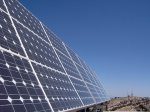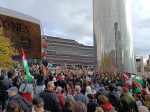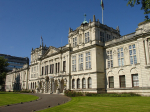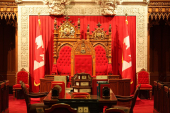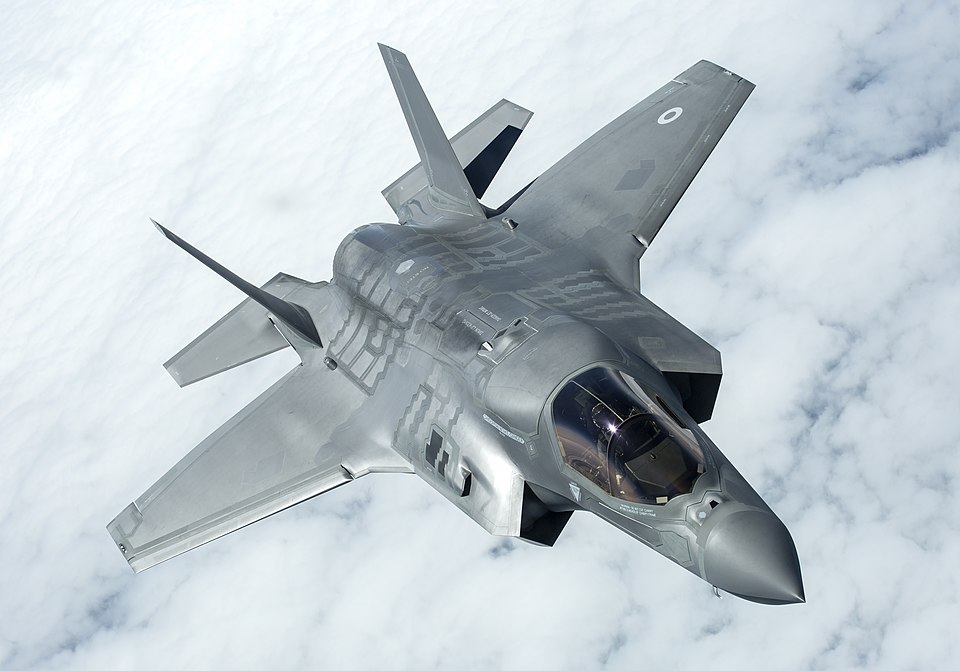
The UK is sending more Royal Air Force jets to the Middle East as tensions between Israel and Iran continue to intensify, Prime Minister Sir Keir Starmer has confirmed.
The deployment includes Typhoon fighter jets and air-to-air refueling aircraft, described as “contingency support across the region.” Starmer emphasized the UK’s central message in the crisis: “de-escalate.”
Speaking en route to the G7 summit in Canada, the prime minister said the situation was rapidly evolving and that discussions with international allies were ongoing. The UK had last deployed jets to the region in 2024, as part of efforts to deter escalation.
While in Ottawa, Starmer met Canadian Prime Minister Mark Carney—formerly Governor of the Bank of England—for talks focused on security and trade. Both leaders are heading to Alberta for the G7 summit, where Middle East tensions will top the agenda.
Other world leaders attending the summit include German Chancellor Friedrich Merz, French President Emmanuel Macron, and US President Donald Trump.
The UK has not confirmed whether its jets will provide direct support to Israel, as they did during previous flare-ups in April and October last year. However, Iran has issued stark warnings to the UK, France, and the US, threatening to target their military bases and naval assets if they aid Israel.
“We've already been moving assets to the region,” Starmer said, “and that is for contingency support. Every action we take and every conversation we have is aimed at de-escalating this conflict.”
The prime minister also held a phone call with Israeli Prime Minister Benjamin Netanyahu, where they discussed Israel's security and ongoing threats from Iran. Starmer reiterated the UK’s longstanding concerns about Iran’s nuclear ambitions and affirmed Israel’s right to self-defense.
Downing Street also confirmed that Starmer spoke with Saudi Crown Prince Mohammed bin Salman on Saturday. Both leaders agreed on the urgent need to reduce regional tensions.
The crisis escalated further over the weekend when Iran launched fresh strikes on Israel. In response, Israeli forces hit military sites in Tehran. Iranian President Masoud Pezeshkian has warned of a "more severe" retaliation if Israel continues its attacks.
According to Iranian state media, 60 people were killed in a strike on Tehran. Meanwhile, Israeli officials reported three deaths and dozens of injuries from Iranian missile attacks.
Planned nuclear talks between Washington and Tehran, scheduled for Sunday, have been cancelled, according to Oman, which was acting as a mediator. Photo by SAC Tim Laurence RAF/MOD, Wikimedia commons.















